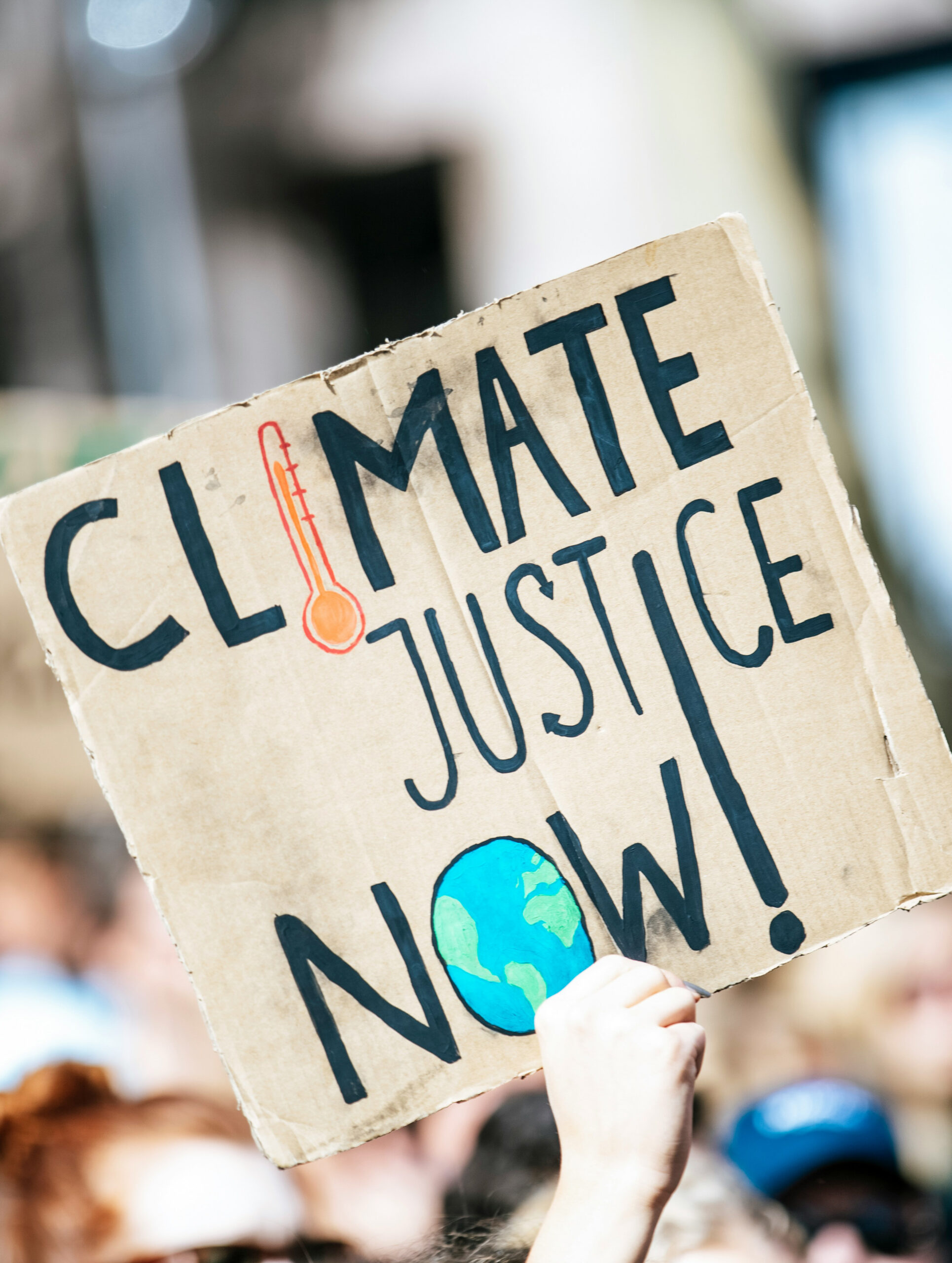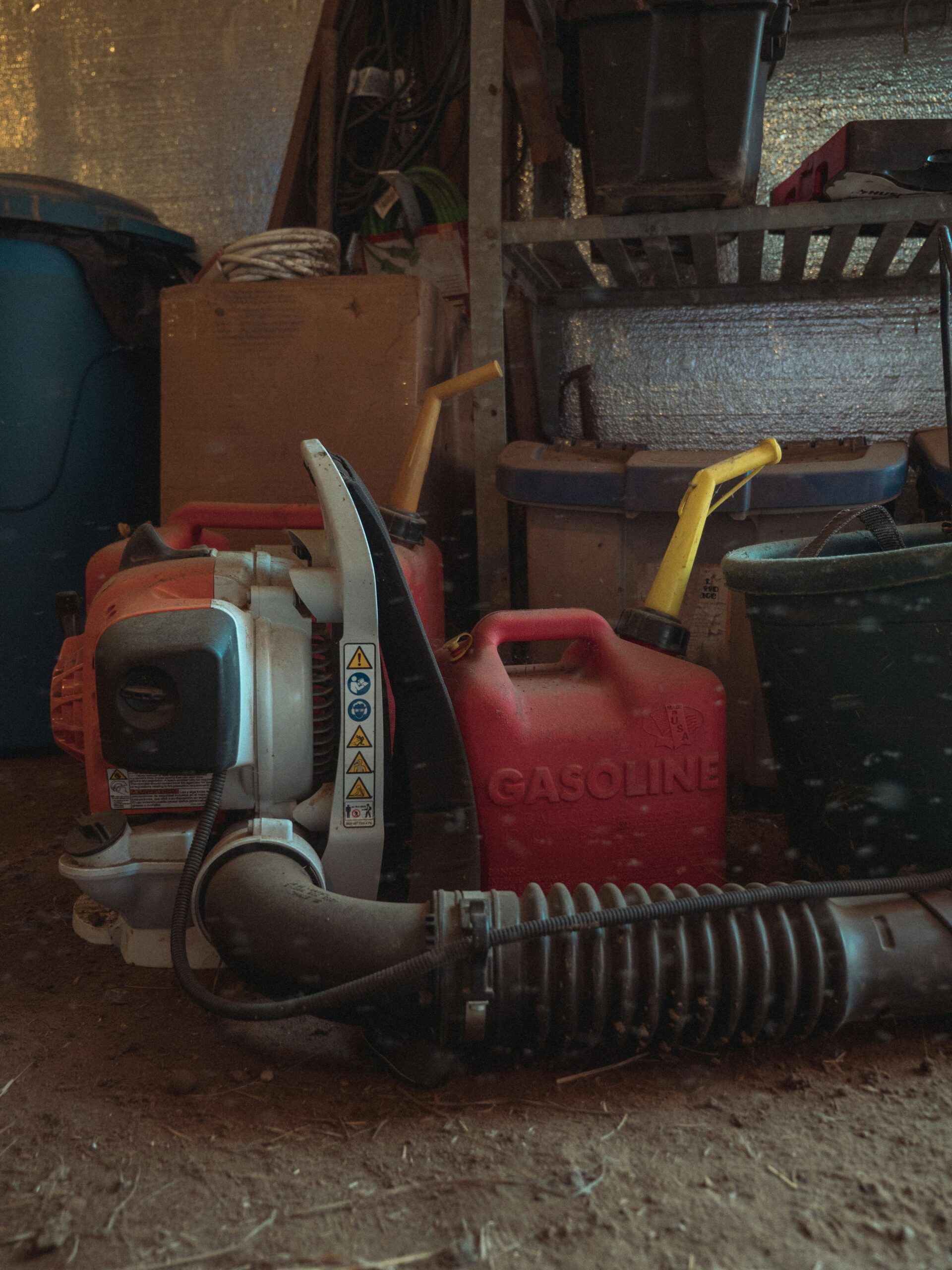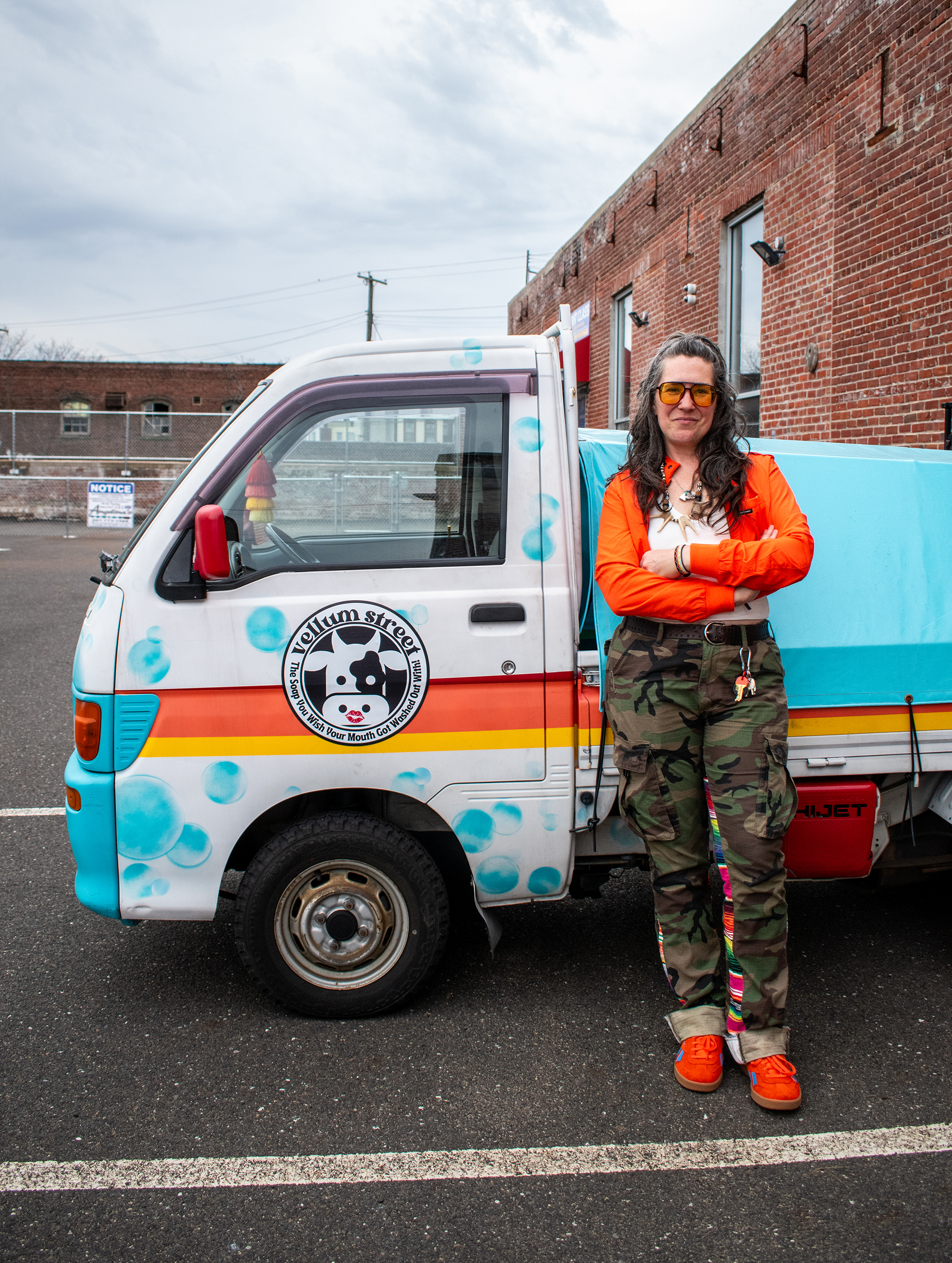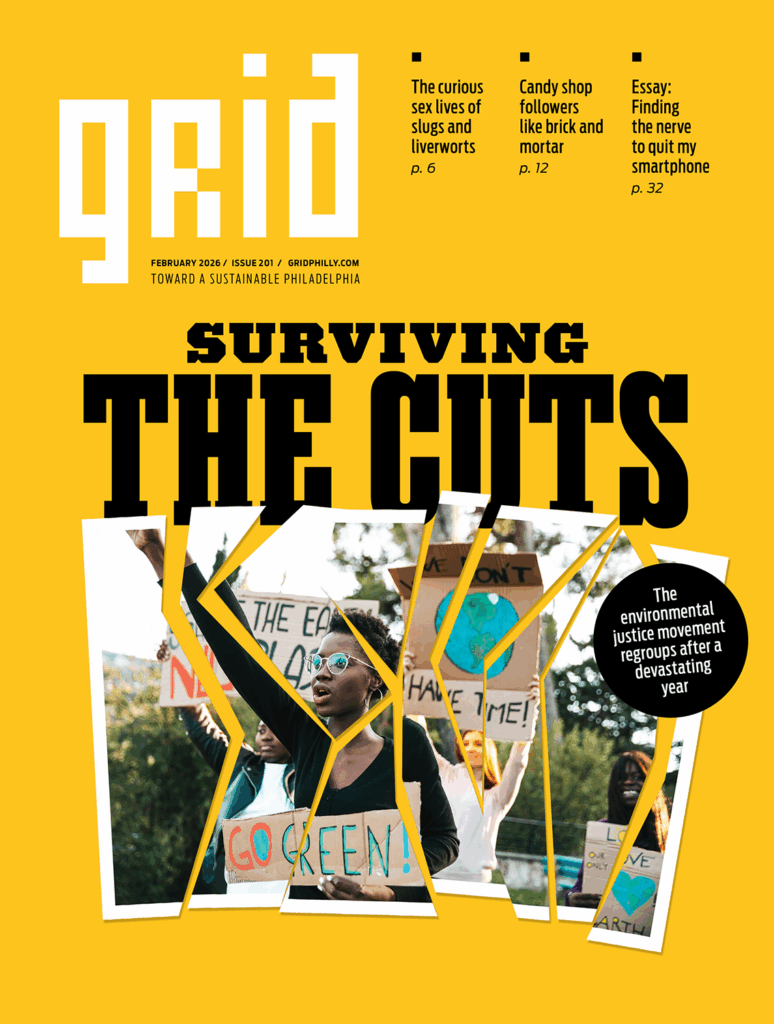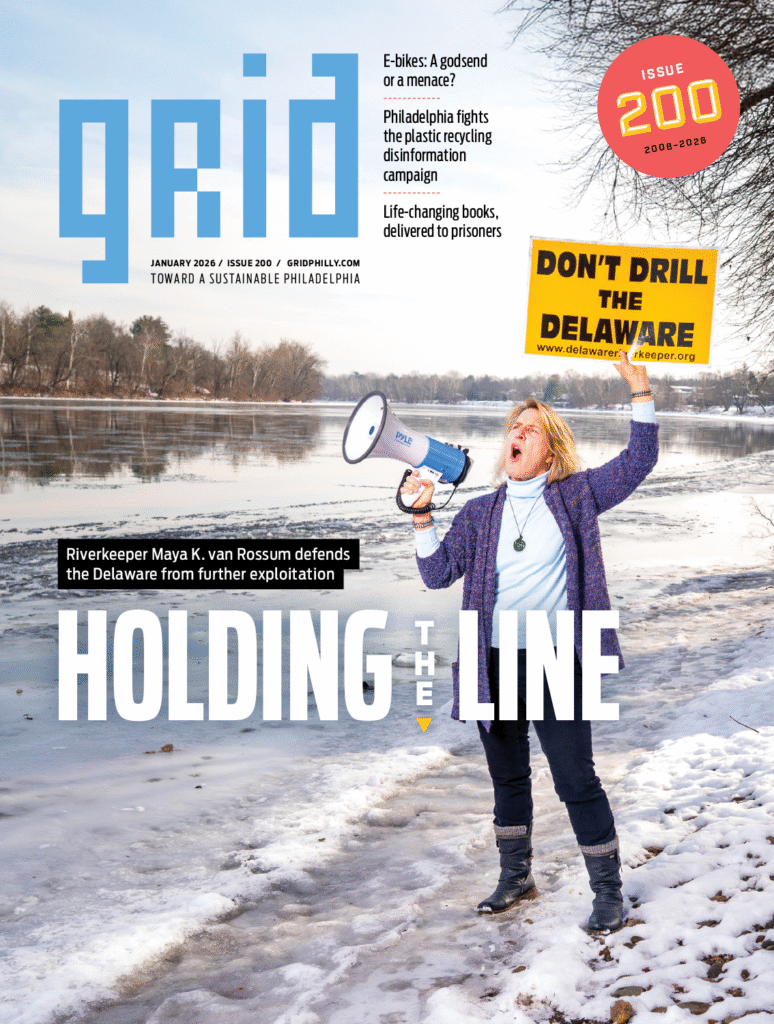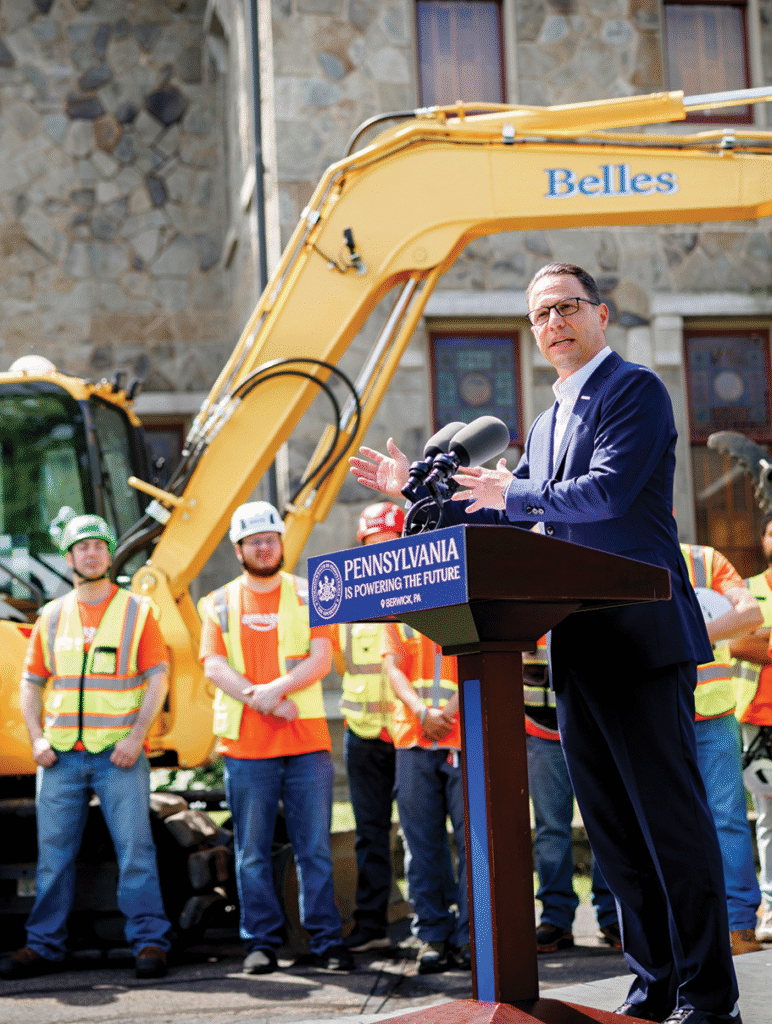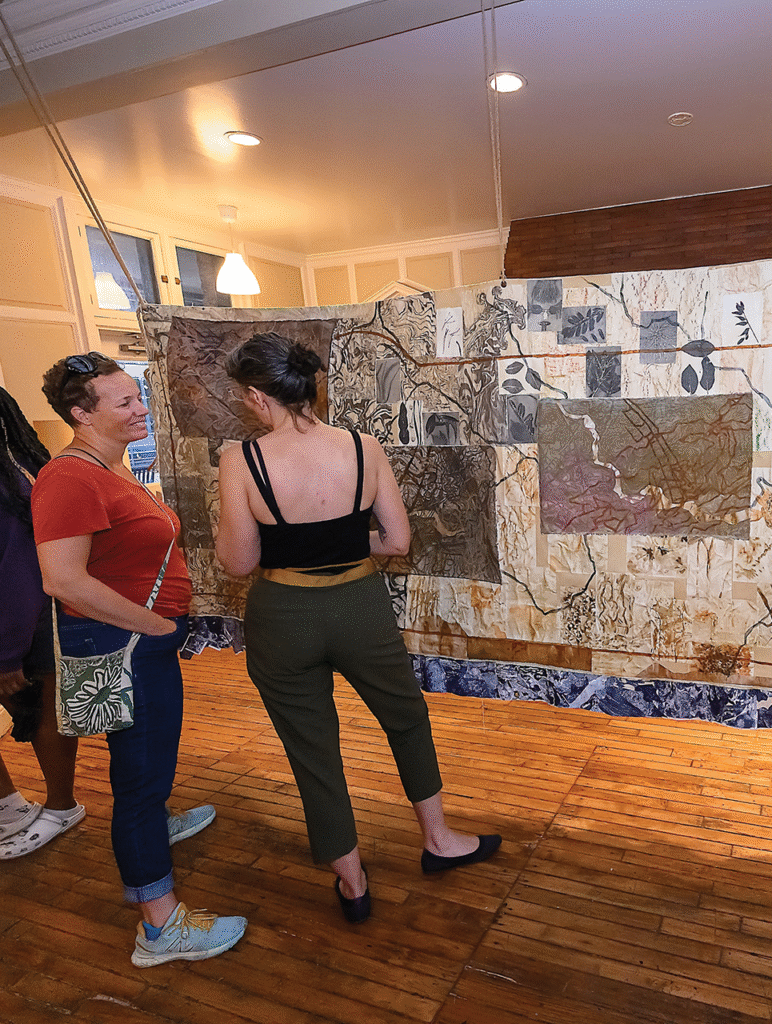Amid a federal disinvestment in technical support for environmental justice communities, four community-based organizations (CBOs) in Philadelphia are advancing their work to address the local impacts of climate change. Partnered with Drexel University’s Environmental Collaboratory, Esperanza, Mantua Civic Association, Overbrook Environmental and Education Center (OEEC) and SEAMAAC have released the findings of thorough community outreach to recommend solutions to climate-based quality-of-life issues in the city that they will turn into policy suggestions.
The report, which was released in November and publicly announced on April 11 at a town hall on Drexel’s campus, comes about two years after the formation of the Philadelphia Climate Justice Collective (PCJC), a collaboration between the CBOs and the university. That collective branched off from the larger, roughly 30-group Green Living Plan, which gave climate-based recommendations to the 2023 mayoral candidates.
“We decided to form even a smaller group of primarily communities of color representing African American, Asian American, Latinx folks to work with the Drexel Environmental Collaboratory,” SEAMAAC CEO Thoai Nguyen says. “We’re always very cynical about working with universities … because our experience has not always been good. But knowing [Collaboratory Executive Director Mathy Vathanaraj Stanislaus]’s quality through our year-long work in the Green Living Plan, we thought we had something really good going.”
PCJC has conducted extensive community outreach, speaking with residents in their languages to learn about their experiences, concerns and understanding of the root of environmental justice issues.
Now, it’s recommending both neighborhood-specific and citywide solutions to combat high heat indexes, respiratory health issues, illegal dumping, environmental inequity and more as it moves into its second phase: turning the research into action.
“What I’m hopeful of in our work is that we find a more elegant and salient way to tie into the mayor’s agenda around Clean and Green,” says Jerome Shabazz, executive director of OEEC.
One action item involves creating an online dashboard to give the public access to the data that has been collected — and ensuring that word gets out about the resource. Data sovereignty has been a priority for the PCJC since its inception, and especially so for Jamile Tellez Lieberman, Esperanza’s senior vice president of community engagement, research and health equity.
“It makes sense to make decisions based on science, based on data. The problem, though, is that … there’s a level of gatekeeping and monopolizing of data,” she says. “At Esperanza, we do welcome research, we want to engage with data, but we want to do it on the front end. We want to know the results as they are learned, and we want long-term access to data to help us answer questions that our community may have.”
The dashboard will be made possible by a $500,000 grant from Google’s Environmental Justice Data Fund.
Community approval of PCJC’s findings and recommendations was evident from resident testimonies presented at the town hall. Aminata Sandra Calhoun, director of sanitation and environmental programs for the Centennial Parkside Community Development Corporation and a volunteer with OEEC, was one speaker who says these groups “keep [her] engine going” as she works with them toward a better future for Philadelphia.
“I know that the day is going to come where we’re not going to be sitting here discussing environmental injustices. We’re not going to be discussing trash and litter and illegal dumping and short dumping,” she says. “We’re not going to be talking about waste reduction. We’re going to be talking about zero, no waste, and those of us who are in the environmental injustice arena fighting this, we will be working [in] other types of industries and jobs. That’s what I want to see — no, I don’t want to see it, I know it’s going to come to fruition! Do we know this?”
The audience roared in applause.



